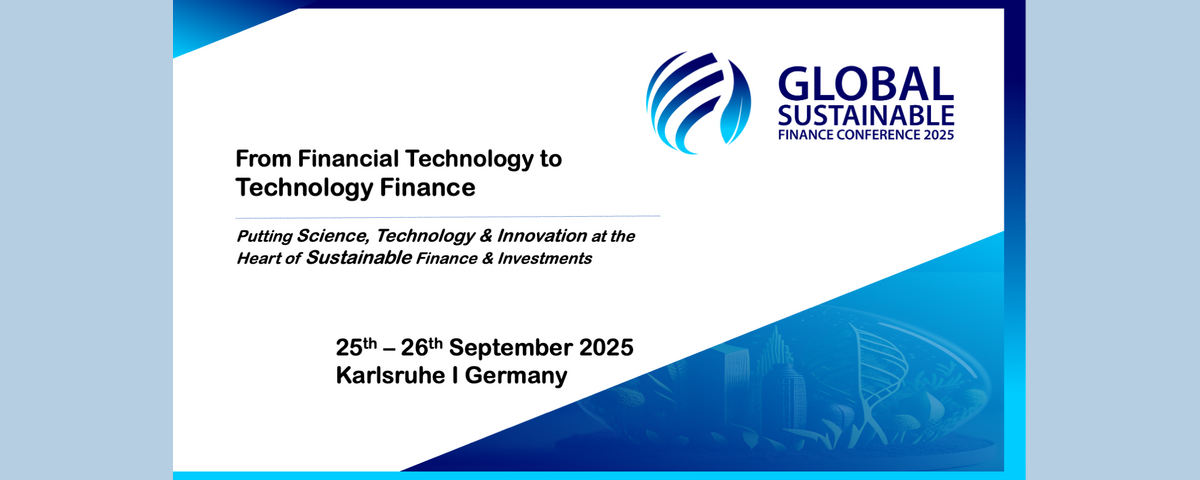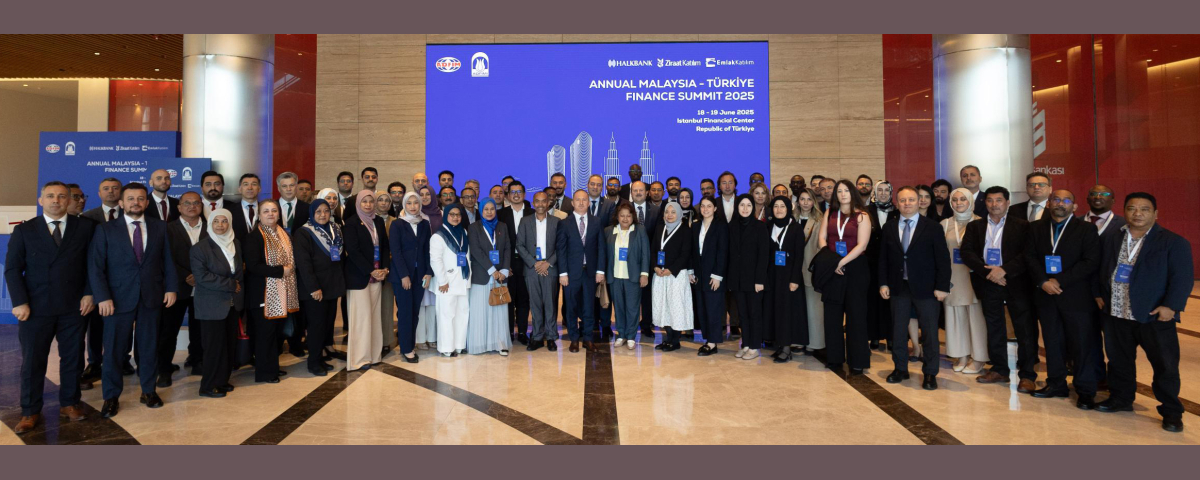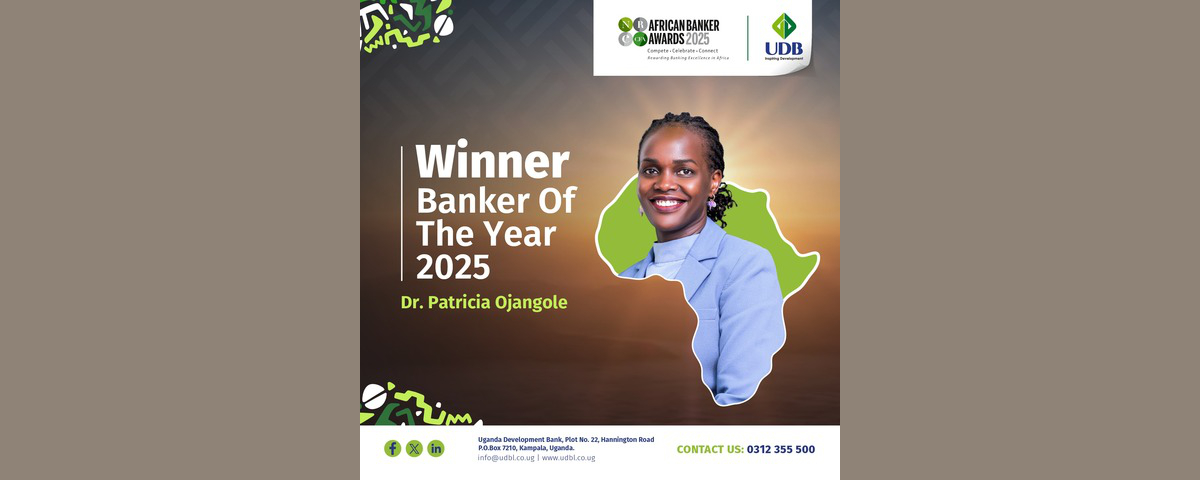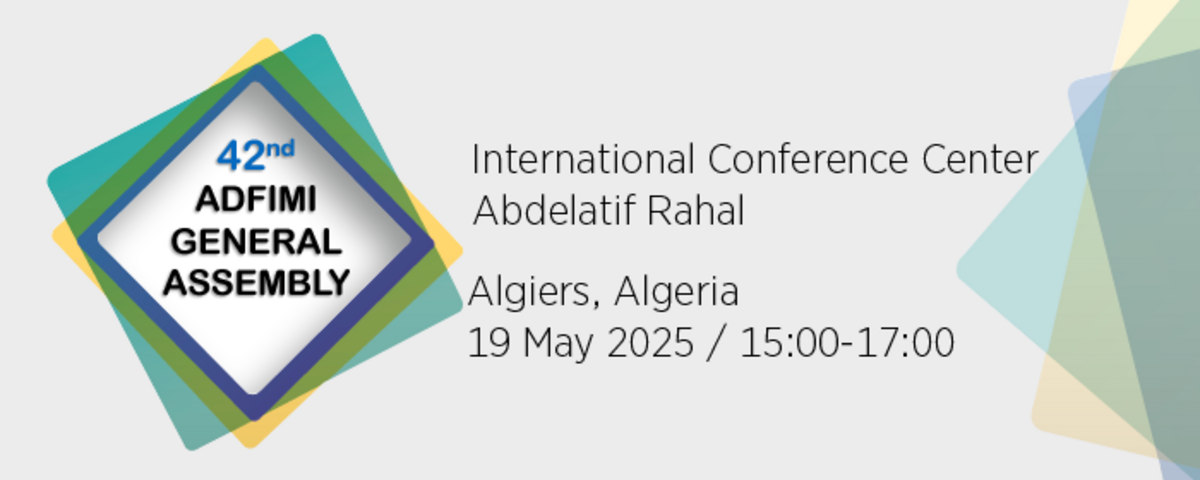ABOUT ALBANIA Stiuated on the Balkan Peninsula
ABOUT ALBANIA Situated on the Balkan Peninsula See Map
Albania is a parliamentary republic. The capital, Tirana, is home to some 420.000 of the country’s 3 million people. Tirana is also the financial capital of the country. Free-market reforms have opened the country to foreign investment, especially in the development of energy and transportation infrastructure. Albania has a high HDI and provides a universal health care system and free primary and secondary education. Albania is an upper-middle income economy (WB, IMF) with the service sector dominating the country’s economy, followed by the industrial sector and agriculture.
Following graduation from the International Development Association to the International Bank for Reconstruction and Development in 2008, Albania has generally been able to maintain positive growth rates and financial stability, despite the ongoing economic crisis.
The recovery to growth rates above 3% in 2011 moderated in 2012 and 2013, reflecting the deteriorating situation in the Eurozone and the difficult situation in the energy sector. Real Gross Domestic Product (GDP) growth dipped to a low point of 2.3% in the third quarter of 2013. A rebound is expected in 2014, but growth is also expected to stay below the country’s potential over the medium term.
Emigration and urbanization brought a structural shift away from agriculture and toward industry and service, allowing the economy to begin producing a variety of services- ranging from banking to telecommunications and tourism. Despite this shift, agriculture remains one of the largest and most important sectors in Albania. Agriculture is a main source of employment and income. (Sources: Wikipedia and The World Bank)


.jpg?id=4_638)



